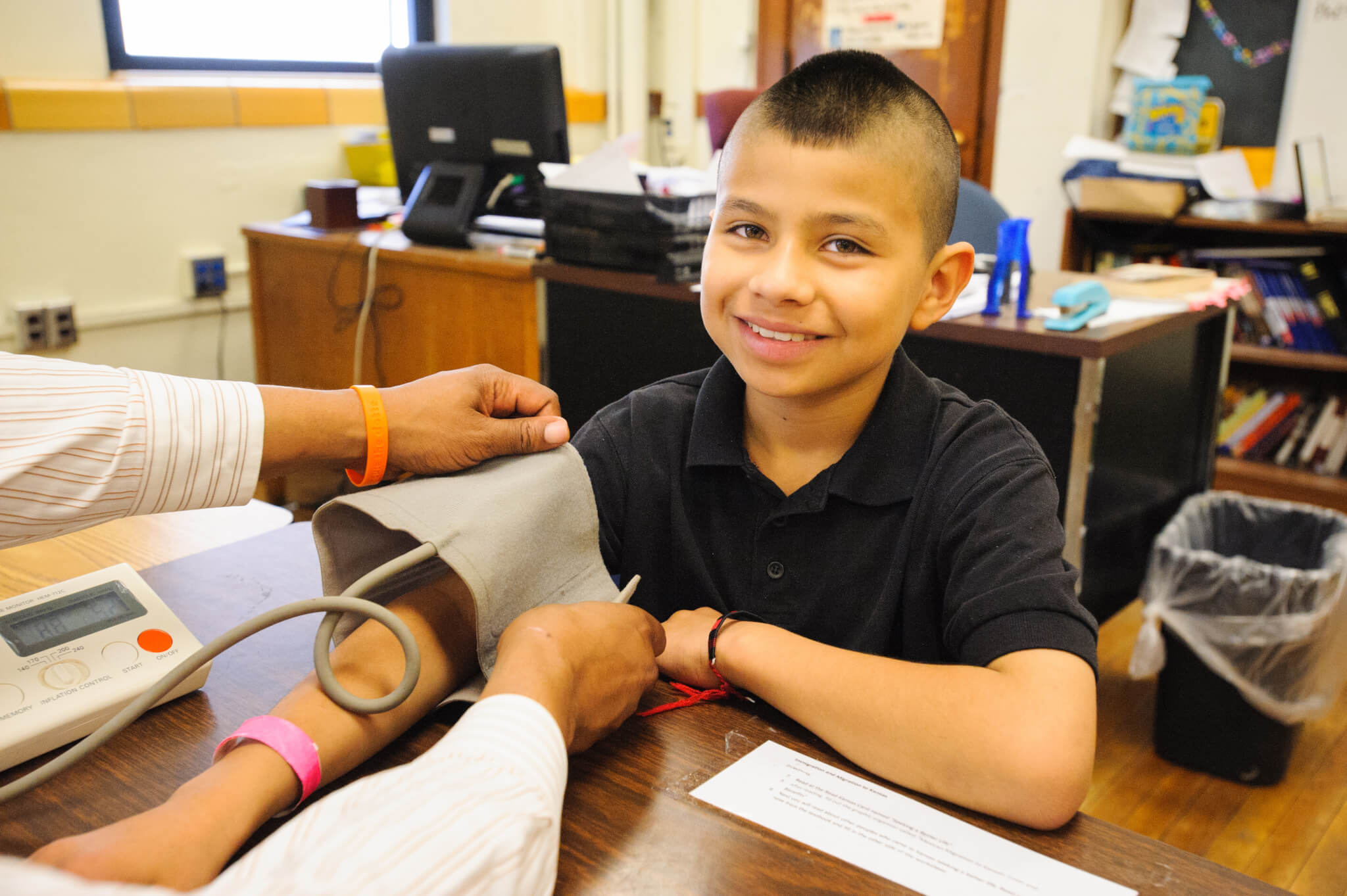
Questions concerning the future of the nation’s health care system have been brought forward to the REACH Foundation as well as to our foundation peers following the recent national and statewide elections. I am certain that our team at REACH and the organizations we support will be called upon in the coming months to assess the potential impact of the elections and any resulting policy approaches regarding provision of health care in the United States.
The REACH Foundation has invested in advocacy and policy activities, and engaged in policy work ourselves for nearly a decade. Each year at this time, the REACH Board and staff discuss policy priorities for the coming year and begin to outline plans for how to share our interests with lawmakers. This year will be no different. Earlier this month, the Board adopted a set of policy priorities that will look familiar to our partners and incumbent legislators. Despite the elevated public conversations about the future of the Affordable Care Act, REACH will continue to work with advocates and other partners to promote the value of expanding access to health care coverage. Access has been the central priority of our foundation since inception. We recognize that our work in this arena is now more important than ever.
As newly elected leaders develop their transition plans, it’s natural that there will be a lot of talk about what may be on the front burner in 2017. We all have seen the news reports about the President-elect’s possible plans to “repeal and replace” the ACA, either in total or in parts. These reports will continue to roll out, and REACH and health sector leaders across the country stand ready to analyze any alternative proposals on their viability, legality and consumer impact. We have experienced this kind of uncertainty before – pre-ACA, after the passage of the health law, with the U.S. Supreme Court’s decision on the individual mandate, and the list goes on. So we’re staying the course.
The REACH Board has always insisted that we respond to changing political and policy environments based on evidence and the potential health and economic impacts on vulnerable populations, rather than on fear or speculation. We also take the long view. So while laws and programs have the potential to either accelerate or undermine our work, our mission remains the same. This means that REACH will maintain its focus on policies tied to outcomes in our strategic plan; that is, enrolling all eligible people in our service area in health coverage, and closing the coverage gap that leaves thousands without an affordable coverage option.
What Are the Foundation’s Priorities?
Close the Health Coverage Gap
Currently, there are approximately 300,000 Missourians and 150,000 Kansans who have been left out of health coverage. Both states have very restrictive eligibility rules. In Kansas, eligibility is capped at 32% of the federal poverty level; Missouri is even more restrictive with a lid of 19% of FPL. While our two states have declined to expand Medicaid, 31 states and the District of Columbia have moved forward and experienced large decreases in their numbers of uninsured as a result.
Expand the Oral Health Workforce and Protect Funding for Oral Health Care
One of the health concerns that captured the interest of the REACH Board early in the foundation’s start-up years was lack of access to oral health care. In Kansas, REACH has been part of a statewide movement by oral health and other advocates to establish dental therapists in Kansas as a cost-effective model for addressing the dental workforce shortage and barriers to care. The establishment of dental therapy as an approved practice by the Commission on Dental Accreditation national accrediting organization has, from our perspective, created a pathway for movement on this critical issue.
In Missouri, access to oral health care gained momentum this past year with the reinstatement of dental benefits for adult Medicaid patients, financial support that had been eliminated a decade prior. In Missouri, we will continue to advocate for preservation and deployment of these restored benefits.
Enact Fiscal Policies That Help Families and Communities Thrive
Our final policy priority speaks to state fiscal policies that have far-reaching effects beyond our health care interests. The foundation’s long-term aim of achieving equity in health is thwarted when governmental leaders enact budget and tax policies that undermine core services and weaken the safety net system that helps families during times of need. As Kansas and Missouri legislators go into session in January 2017, it’s critical that they give careful consideration to preserving programs that promote economic opportunity.
Policies such as Medicaid expansion and state Earned Income Tax Credits, state investment in the health care safety net and other policy approaches can relieve the strain on families, health and social services and communities to allow for growth and recovery.
We welcome your comments on our Kansas and Missouri policy priorities, and encourage you to share your advocacy agendas and ideas so we can learn more about your approaches. We look forward to working together in 2017 to educate the public and government leaders about solutions for improving the health and well-being of everyone in our region.



